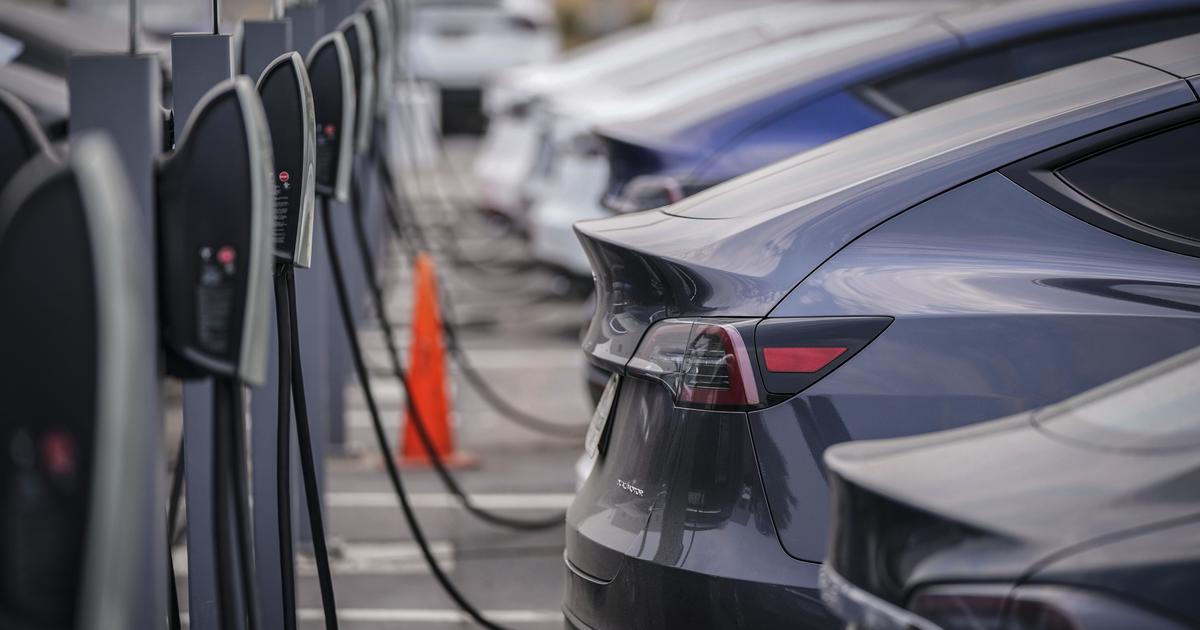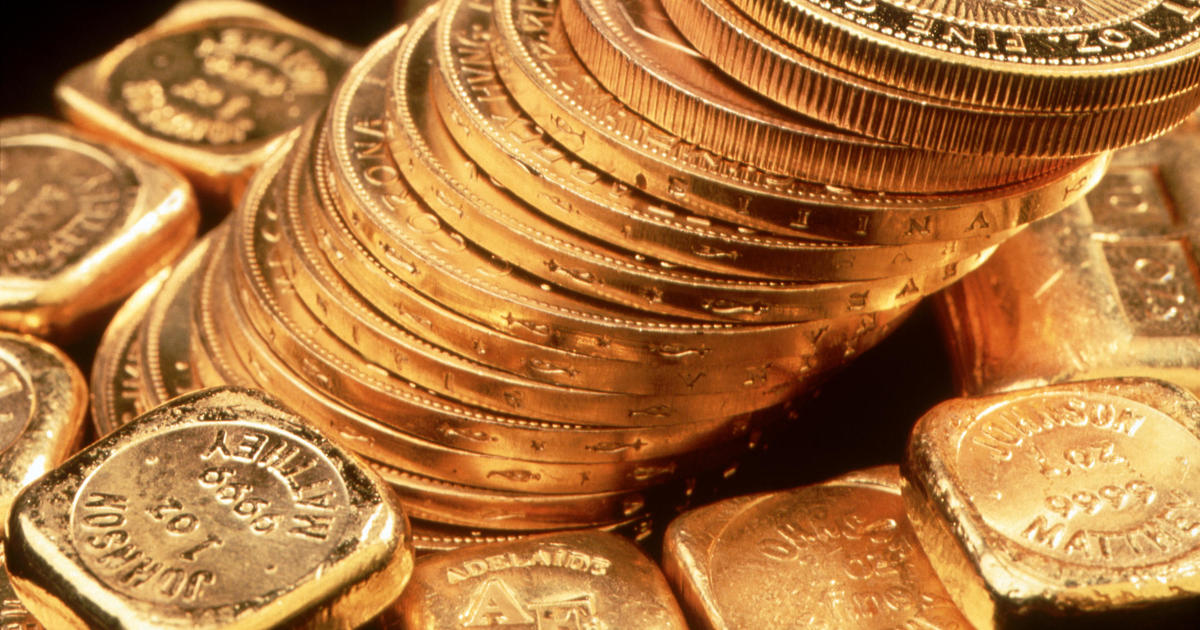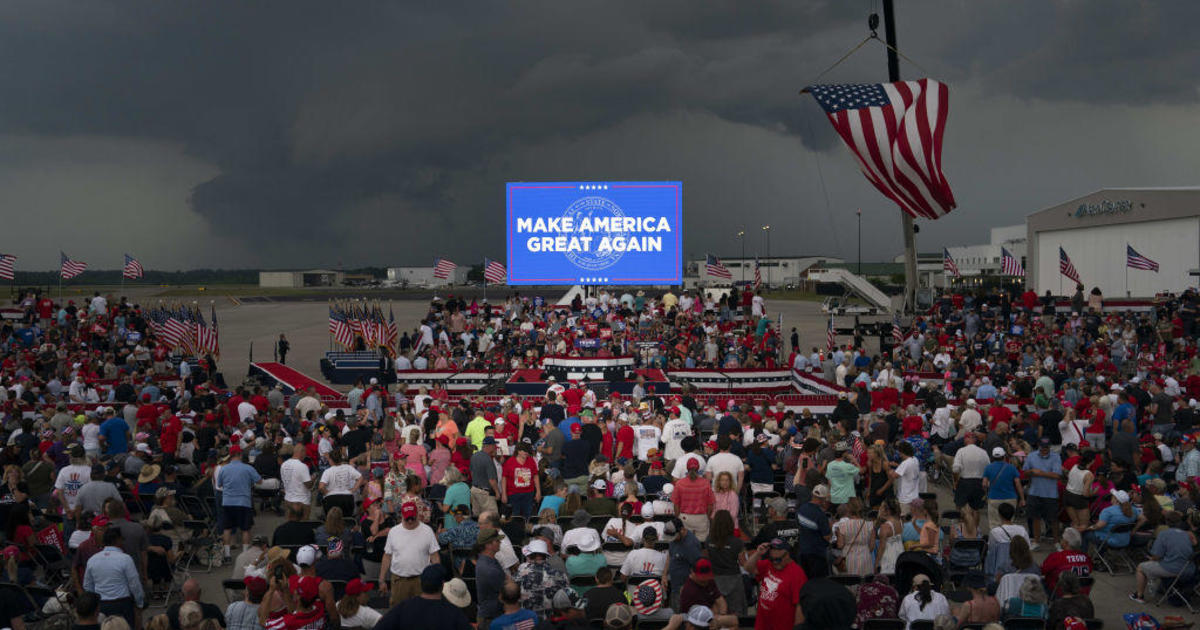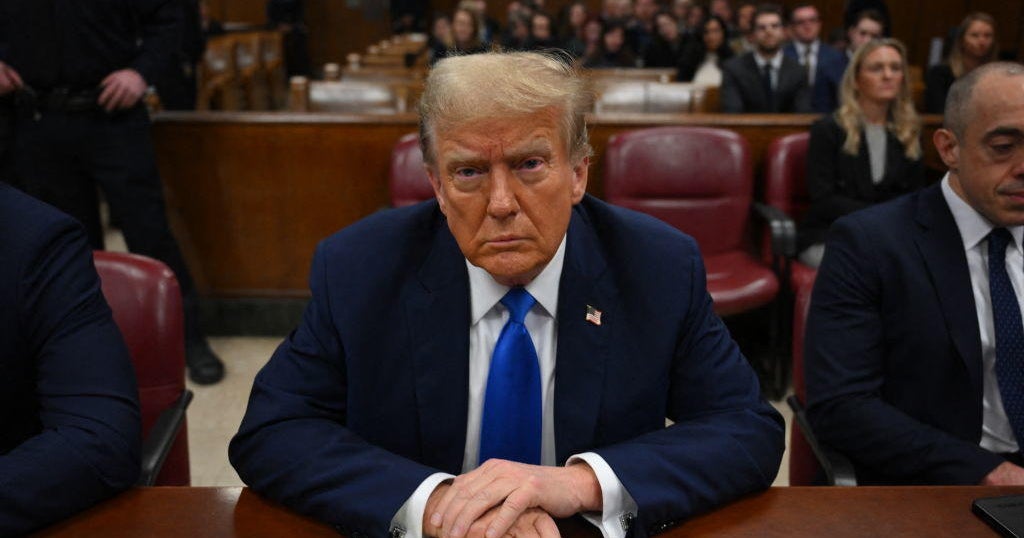8 reasons why Trump's tariffs may push the U.S. into a recession
Global stock markets tumbled on Monday as Europe and China warned that President Donald Trump's tariffs risked an all-out trade war. Then U.S. motorcycle maker Harley-Davidson (HOG) said it would move some plants overseas after the EU's retaliatory tariffs took effect. Though U.S. markets steadied on Tuesday, the Dow Jones industrials index is now down for the year. And more analysts, executives and economists say they're seeing signs of a potential recession.
Here are some reasons for the concern a slowdown may happen sooner rather than later:
Trump's tariffs may erase last year's tax cut benefits
The conservative-leaning Tax Foundation calculates the tariffs already enacted by the Trump administration will lead to 48,585 lost jobs. Add in tariffs on autos and auto parts that the president threatened last week and the China tariffs slated to take effect July 6, and another 255,283 jobs may be lost as wages shrink 0.2 percent.
If all tariffs announced so far by both the U.S. and other countries take effect, more than 314,000 jobs would be lost and wages would fall by 0.3 percent.
Manufacturers are feeling pressure to raise prices
Factories are producing goods at a rate faster than orders are being added to their books for the first time in 2018, which may mean they'll slow production in coming months, Chris Williamson, IHS Markit's chief business economist, noted at the release of the U.S. Purchasing Managers Index on June 22. The U.S. service industry is also at its weakest since January, IHS Markit noted.
"Business expectations about the year ahead have dropped to a five-month low, led by the weakest degree of optimism for nearly one and a half years in manufacturing," Williamson wrote.
Pressure to raise prices is high and is "widely blamed on a mix of rising fuel prices and tariff-related price hikes" as well as the ability of suppliers to charge more as demand for goods rises.
Even with full employment, businesses are nervous, IHS's Williamson noted. Although more people are getting jobs as unemployment stays low, "even here there are signs of weakness," he said.
Some companies are already taking action
Harley-Davidson sad it's shifting some jobs overseas to make motorcycles in Europe, raising Mr. Trump's ire, because Europe's tariffs make it more costly to make motorcycles for export from the U.S.
Smaller companies, like this metal nail producer, say they're already in "crisis mode" because steel and aluminum tariffs are raising supplier costs.
Stock and debt markets are starting to react
"The increase in trade tensions over the last month has become the key focus for markets," Deutsche Bank economist Torsten Sløk wrote in a note on Tuesday.
"While the direct macroeconomic impact of the existing measures will likely be small for now, further escalation may hurt growth by impacting confidence or tightening financial conditions." Escalating trade disputes, which lead to more tariffs or even other measures tied to trade, are "a real possibility," Sløk wrote.
Even President Trump's former National Economic Adviser Gary Cohn is concerned about market reaction, Politico reported citing an interview.
"The economy is doing exactly what we thought and hoped it would do based on what the administration was able to accomplish in tax reform and the deregulatory agenda," Cohn told Politico. "Both were aimed at stimulating the economy through growth and job creation. And that's happened in a very positive way. Anything else that derails or confuses the economic agenda is confusing for the system."
Consumer confidence slipped in June
Consumer confidence declined slightly in June after improving in May. "While expectations remain high by historical standards, the modest curtailment in optimism suggests that consumers do not foresee the economy gaining much momentum in the months ahead," said Lynn Franco, economic indicators director at The Conference Board, which analyzes what consumers buy and watch.
The drop may stem from the heated rhetoric on trade, according to Reuters.
Consumer prices could start climbing
Higher prices may be in store for shoppers as farmers and manufacturers pass on cost increases for products from TVs to bourbon.
"We still think that protectionism alone is unlikely to kill the economic expansion. But it could worsen the slowdown we anticipate next year, and add to the domestic inflationary pressures that are already building," Michael Pearce, senior economist at Capital Economics, wrote in a recent note.
A worst-case scenario where all proposed tariffs are implemented might lead to a near 1 percent rise in consumer prices, he wrote.
The Federal Reserve is raising interest rates
As the economy chugs along and unemployment holds near record lows, U.S. banks are charging more for loans. That's because the Fed is steadily lifting its benchmark interest rates after a decade-long recovery from the Great Recession -- and it's expected to keep increasing them up to four times altogether this year.
That means higher rates for everything from mortgages to student loans.
More restrictive trade moves may be on the way
Stock markets rebounded a bit on Tuesday after Treasury Secretary Steven Mnuchin rebutted reports that the administration is set to release restrictions on Chinese investments in U.S. technology companies, saying the measure will apply more broadly.
The report follows President Trump's threat to hike tariffs on Chinese imports worth up to $450 billion over complaints Beijing steals technology or pressures foreign businesses to hand it over to Chinese companies.
-- The Associated Press contributed to this report



